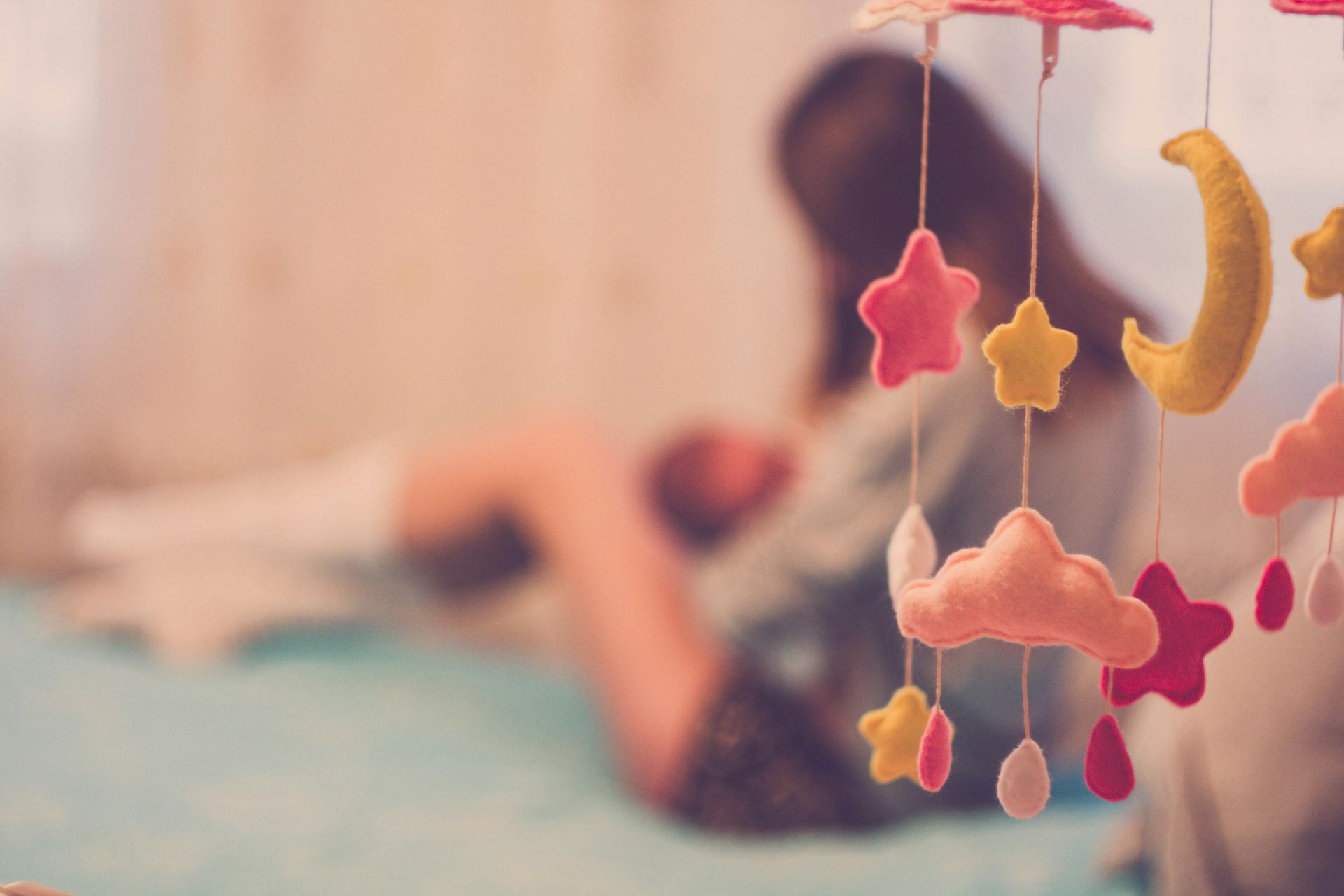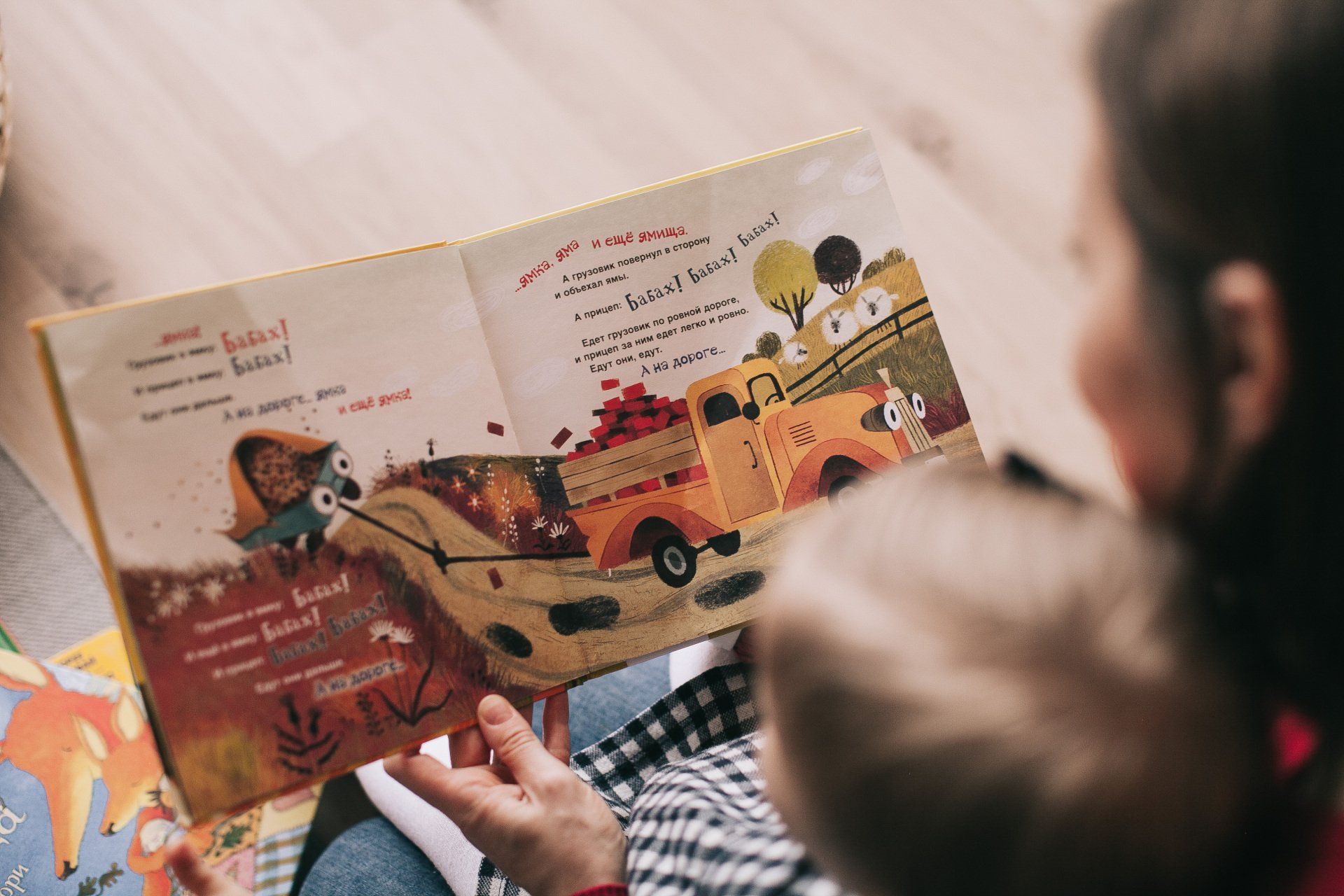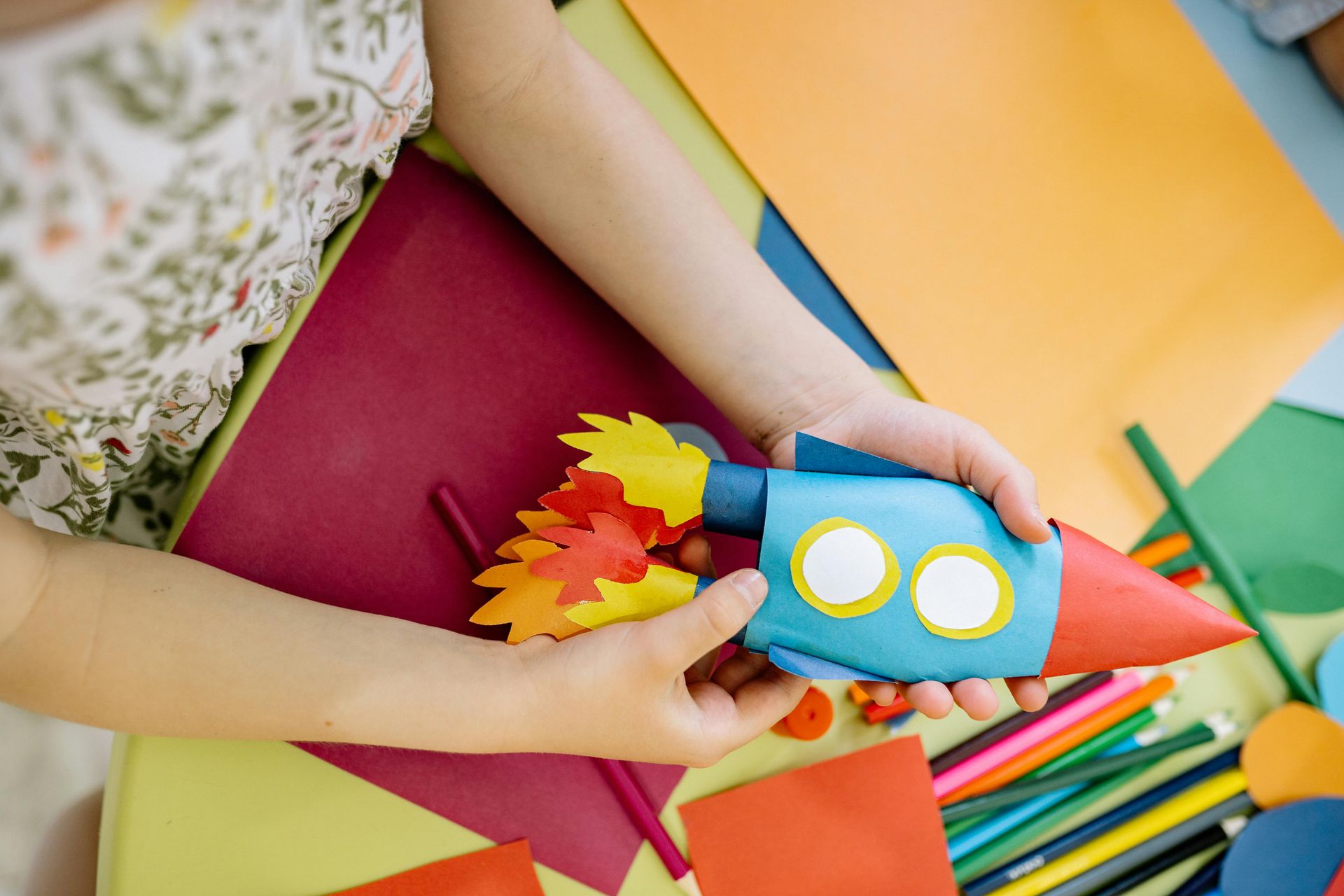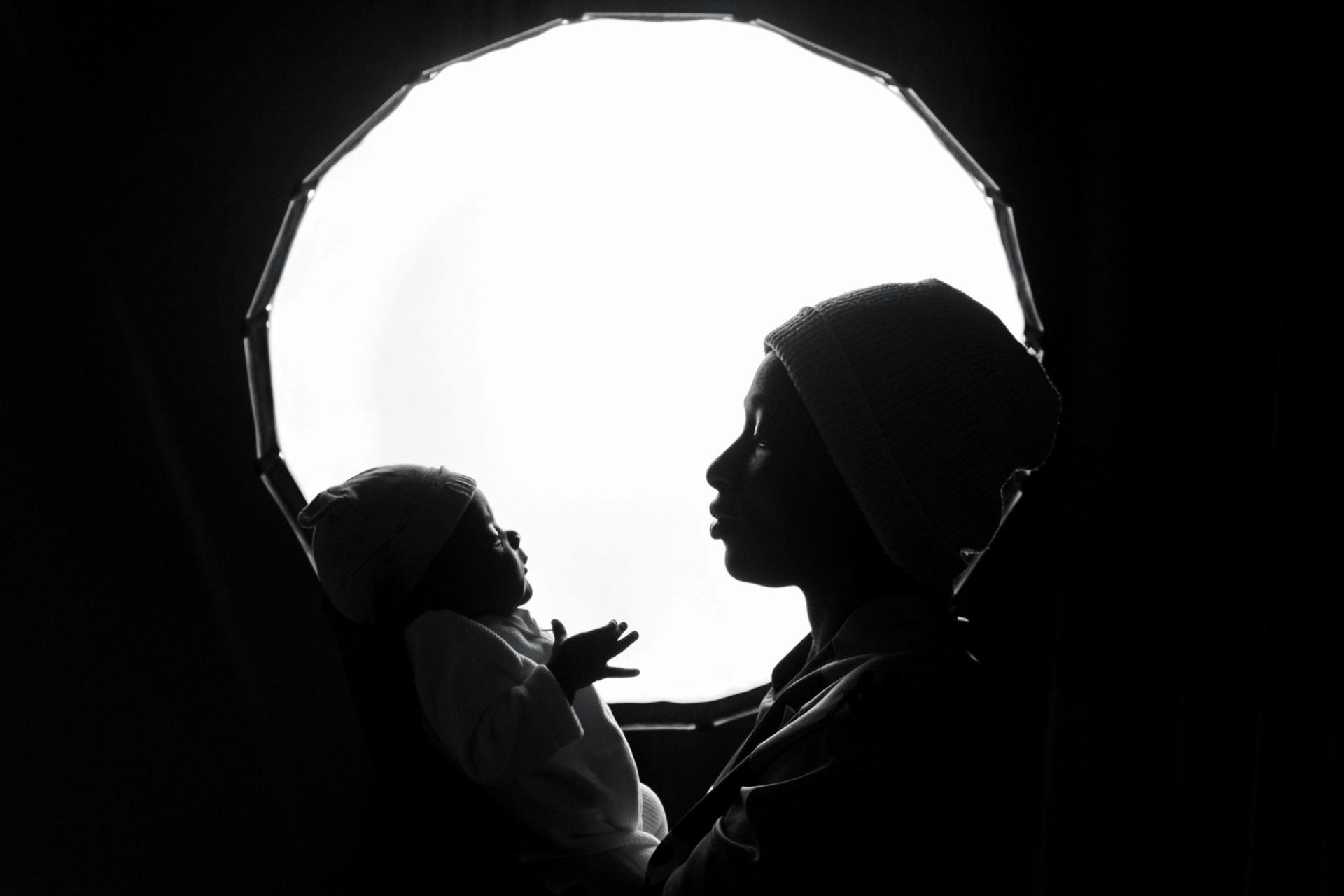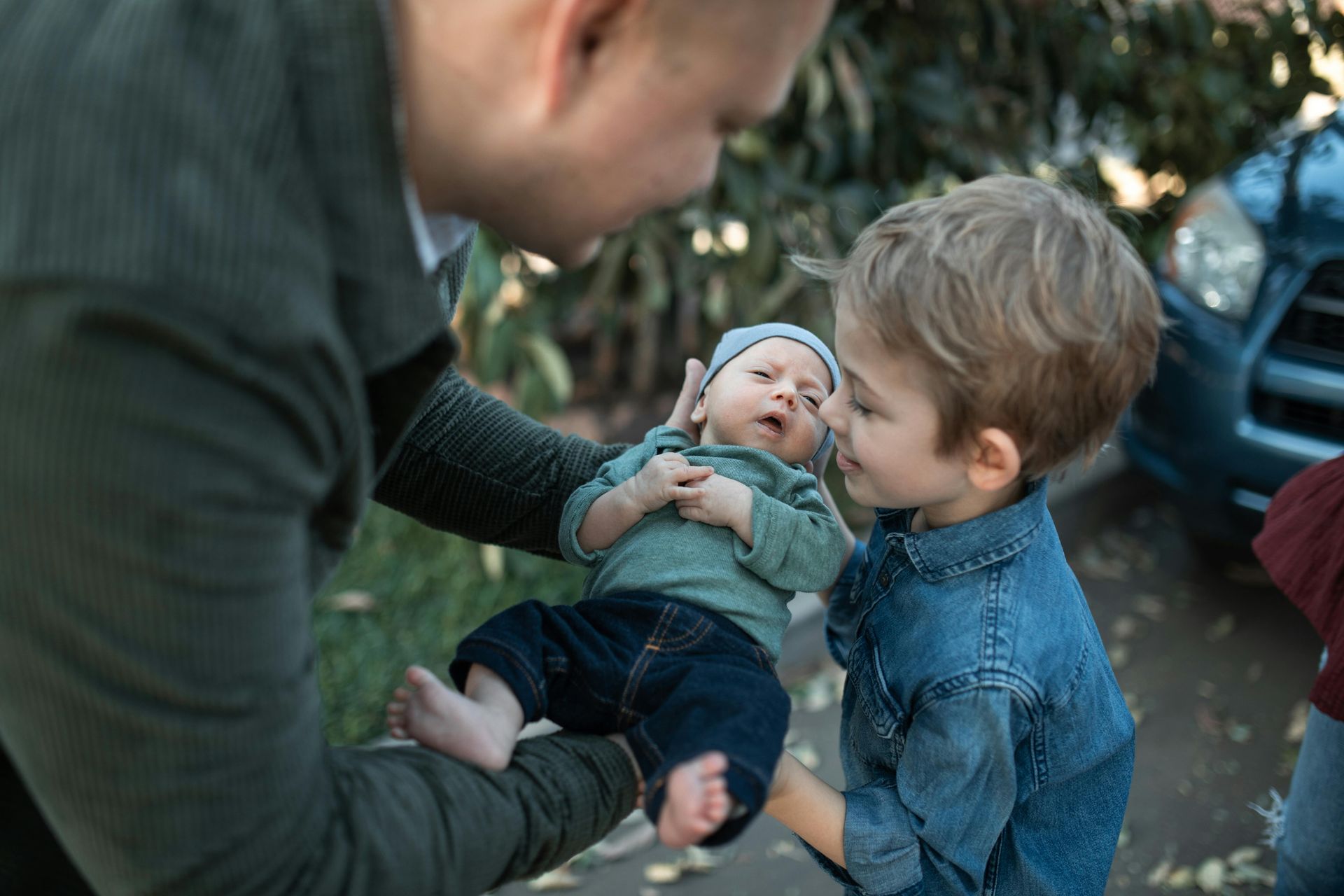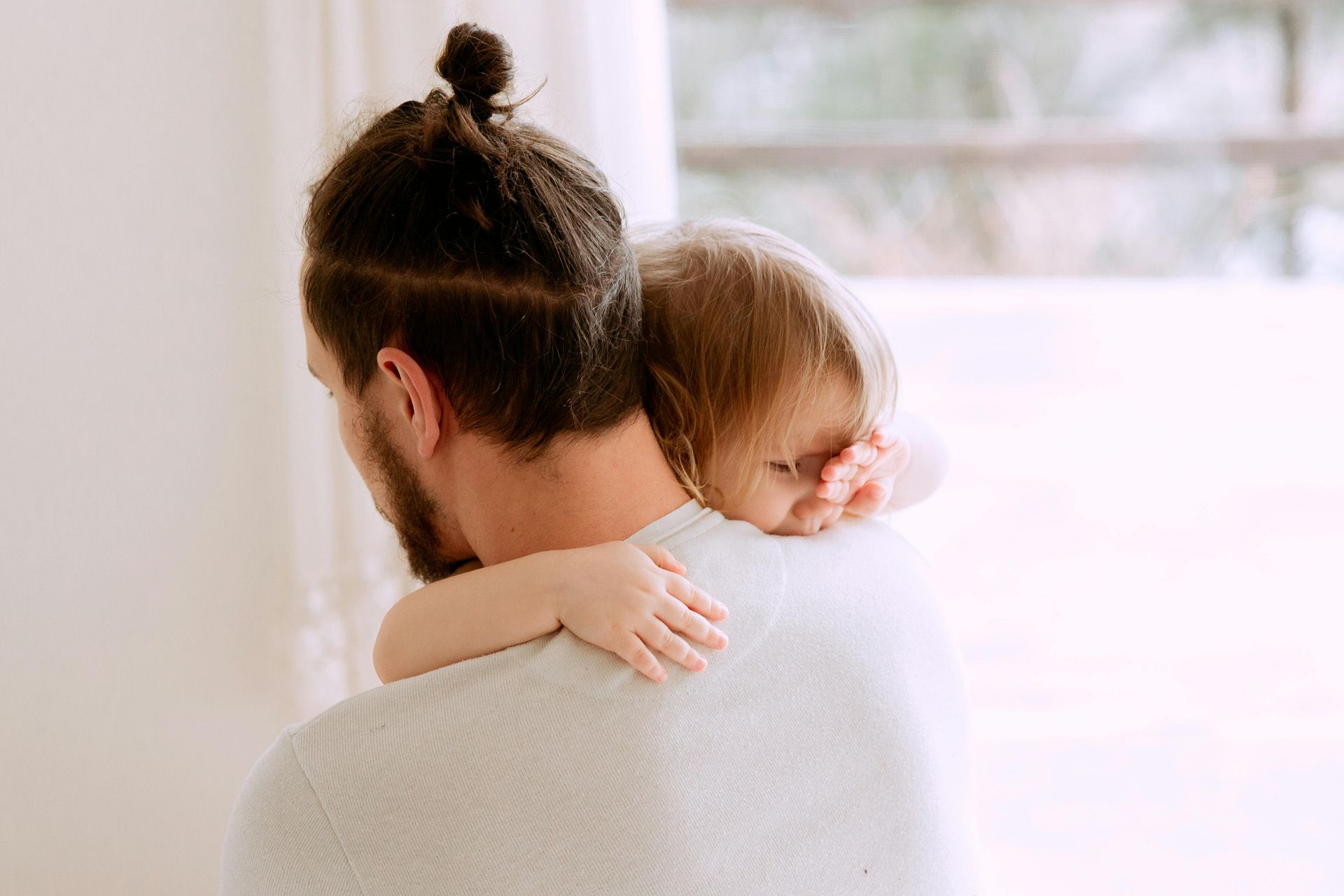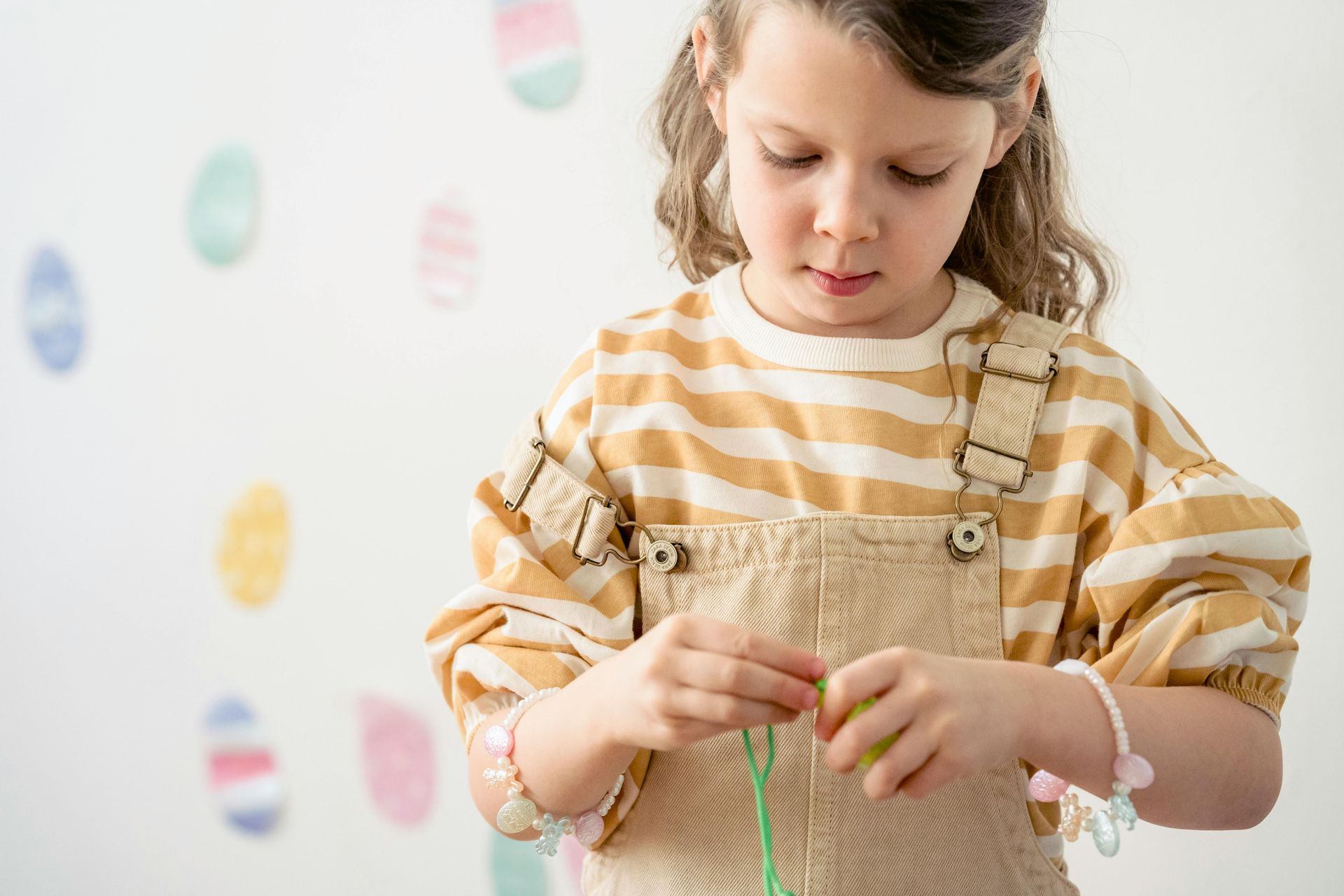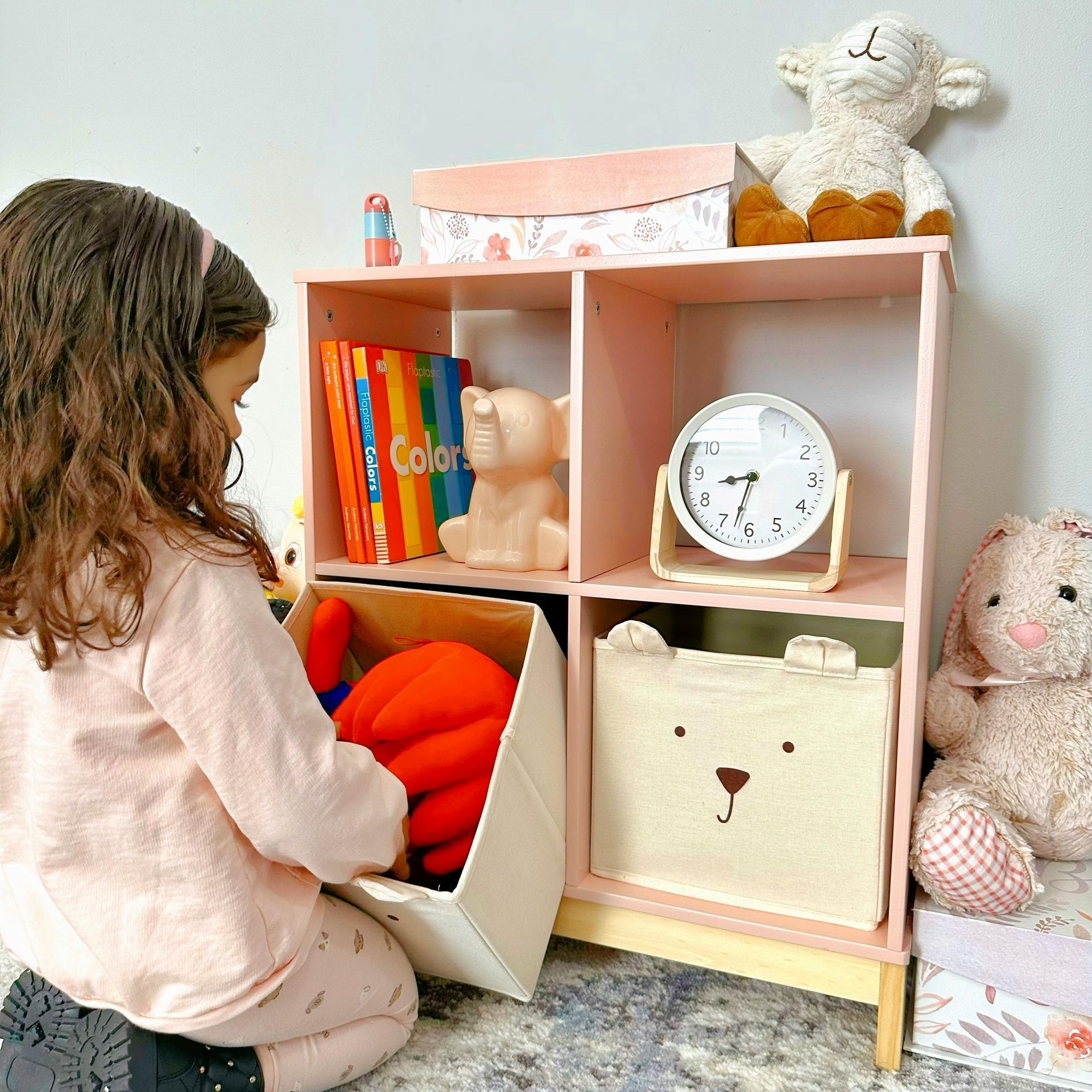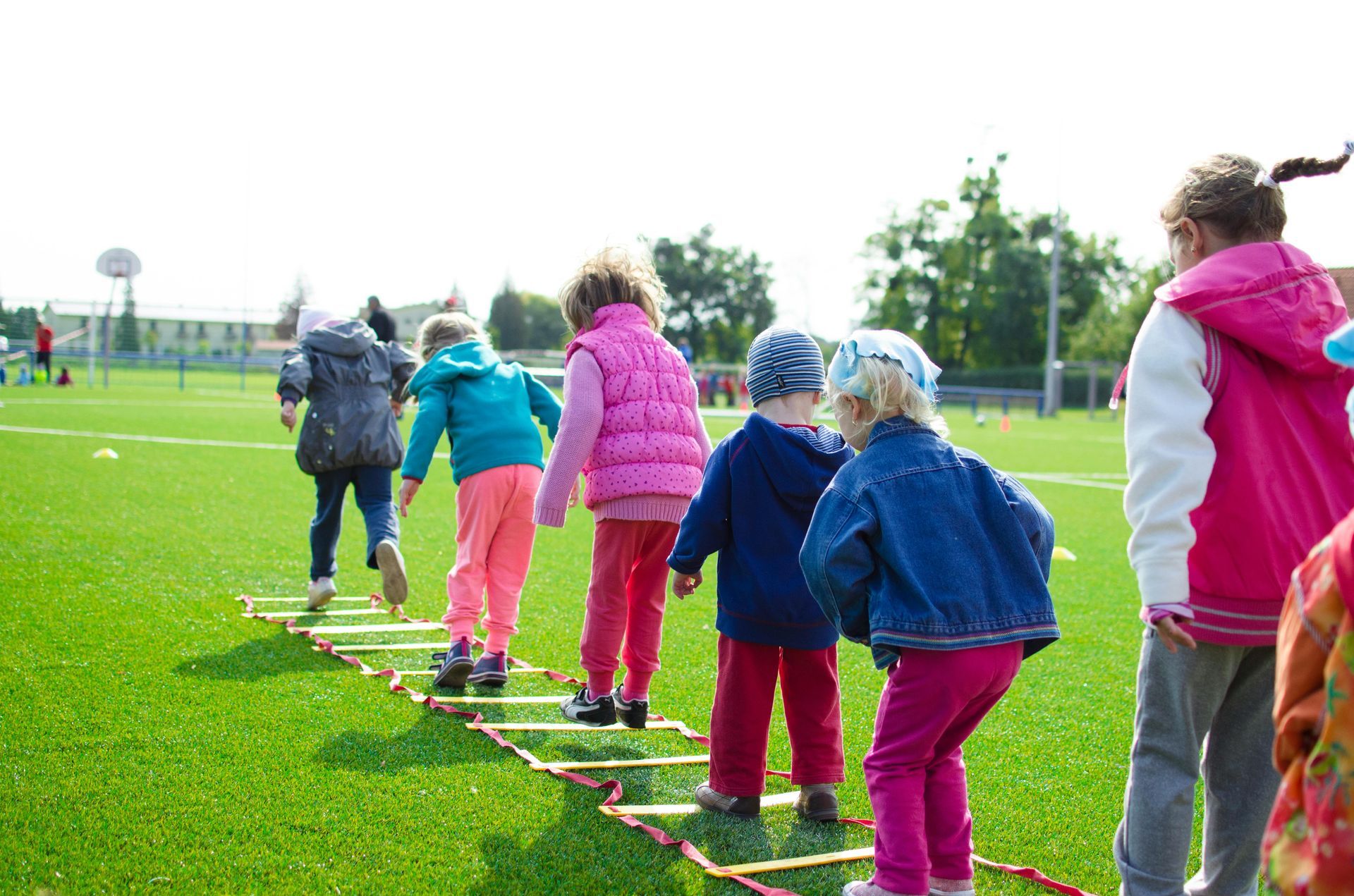Fostering Creativity in Early Childhood: Nurturing the Innovators of Tomorrow
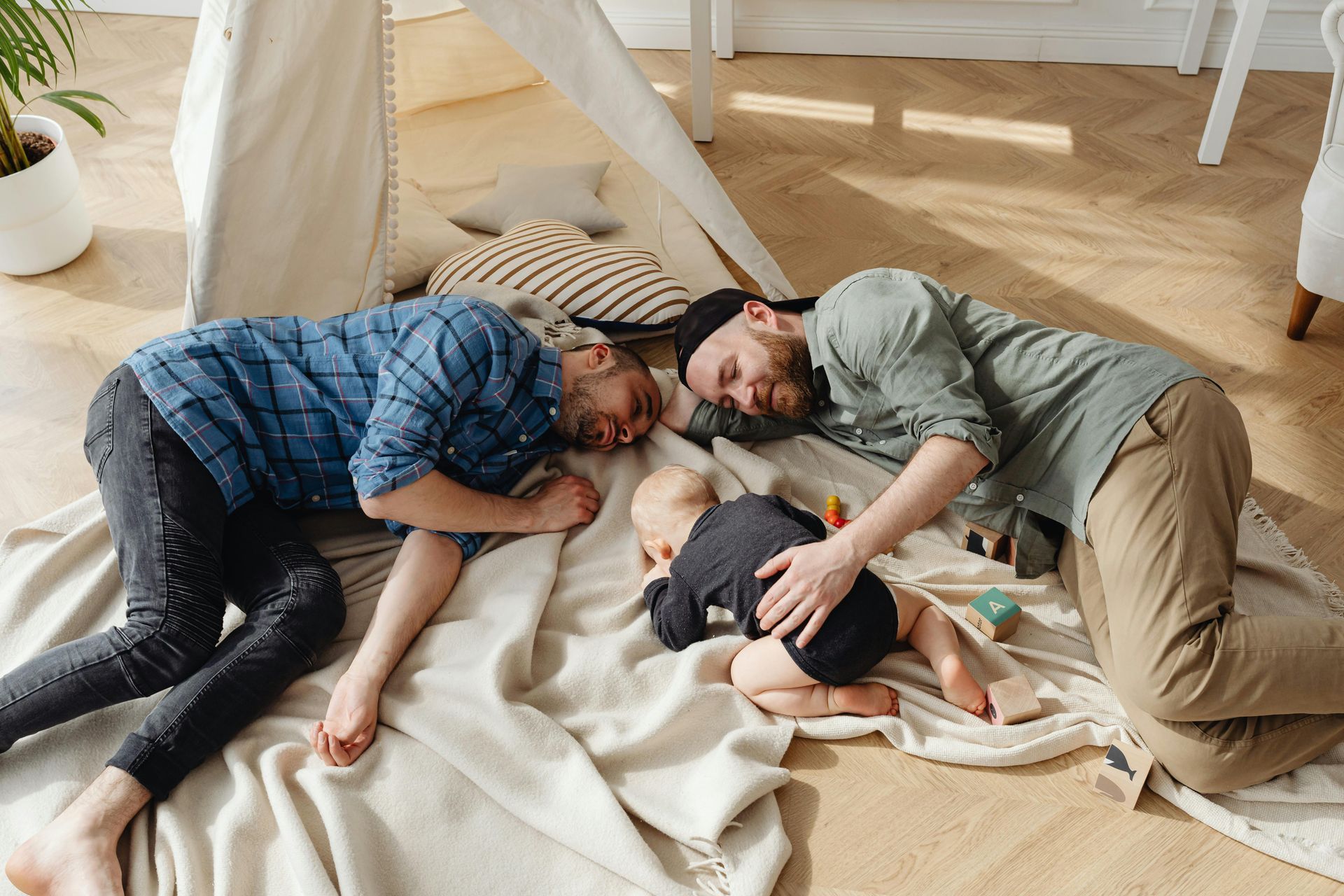
In today’s fast-paced and ever-changing world, creativity is a vital skill for success. Early childhood education plays a crucial role in fostering creativity, as it provides children with opportunities to think outside the box, explore new ideas, and solve problems. At Early Education Station Orlando, we understand that creative thinking is not just a talent—it’s a skill that can be cultivated. This blog post explores the importance of creativity in early childhood education and how nurturing creativity at a young age sets the stage for future innovation.
The Role of Creativity in Early Childhood Education
Creativity goes beyond art and crafts. It involves thinking critically, problem-solving, and imagining possibilities. Encouraging creativity in young children enhances their cognitive development, emotional growth, and social interactions. Children who are exposed to creative activities in their early years develop essential skills such as curiosity, resilience, and self-expression, all of which are foundational for lifelong learning.
At Early Education Station Orlando, we integrate creative activities into every aspect of our curriculum, giving children the tools and environment to explore their ideas and learn through creative expression.
How Early Childhood Education Cultivates Creativity
1. Exploring Through Play and Exploration
Play is the natural vehicle for creativity. When children engage in imaginative play, they create stories, scenarios, and problem-solving situations that allow them to explore the world around them. Through activities such as dress-up, role-playing, and building with blocks, children develop their creative thinking, decision-making, and cognitive abilities.
Example: At Early Education Station Orlando, our classrooms are filled with open-ended toys and materials that encourage imaginative play. Whether it's building a fort from cushions, creating a pretend kitchen, or acting out a story with friends, children are given the freedom to explore different scenarios and express their creativity.
How it Helps: Play-based learning helps children develop both fine and gross motor skills, problem-solving abilities, and social-emotional intelligence. By engaging in imaginative play, children are learning to think creatively, communicate effectively, and work collaboratively.
2. Arts and Crafts: Expressing Ideas Visually
Art activities, such as drawing, painting, and sculpting, provide children with an outlet for self-expression. These activities encourage children to explore colors, shapes, textures, and patterns while developing fine motor skills. Art also allows children to express their emotions and experiences, helping them build confidence in their ideas.
Example: In our classrooms, children engage in various art projects, from finger painting to clay modeling, which encourage creativity and self-expression. Our teachers provide guidance and inspiration while allowing children the freedom to explore their own artistic ideas and interpretations.
How it Helps: Creating art fosters imagination and gives children a sense of accomplishment when they see their ideas take shape. These experiences help build confidence and a sense of pride in their creative abilities, which can translate into greater self-esteem and academic success.
3. Music and Movement: Stimulating Creativity Through Sound and Rhythm
Music is a powerful tool for sparking creativity. By incorporating songs, rhythms, and movement into early childhood education, children develop their auditory skills, coordination, and creativity. Music and movement activities allow children to experiment with sound, rhythm, and motion, helping them explore and express themselves in new ways.
Example: At Early Education Station Orlando, we incorporate music and movement activities throughout the day. Children sing songs, play rhythm instruments, and participate in dance and movement exercises, allowing them to express their creativity through sound and body movements.
How it Helps: Music and movement activities engage both the body and the mind, promoting physical coordination and emotional expression. These experiences encourage children to think creatively, work as part of a group, and explore the world through sound and rhythm.
Building Critical Thinking Through Creative Problem-Solving
4. Encouraging Exploration and Discovery
Creativity is not just about making art or playing games—it’s also about approaching problems with an open mind and finding innovative solutions. Early childhood education encourages children to ask questions, explore possibilities, and experiment with different ideas. This process of exploration and discovery helps children develop critical thinking and problem-solving skills that will serve them throughout their lives.
Example: At Early Education Station Orlando, we encourage children to engage in hands-on learning experiences, such as science experiments, building challenges, and puzzles. These activities require children to think critically, make decisions, and evaluate outcomes, promoting problem-solving and creative thinking.
How it Helps: By fostering an environment where children are encouraged to explore and solve problems, we help them build essential skills like persistence, flexibility, and creative thinking. These skills not only contribute to academic success but also help children navigate challenges in their daily lives.
5. Collaborative Creativity: Learning Through Teamwork
Creative thinking is not just an individual activity—it can also be enhanced through collaboration. Early childhood education provides opportunities for children to work together on creative projects, sharing ideas and learning from one another. Collaborative creativity teaches children how to respect diverse perspectives, cooperate with others, and merge ideas to create something unique.
Example: In our classrooms, children often participate in group activities like building structures together, creating group art projects, and working on collaborative storytelling. These activities promote teamwork and encourage children to share their ideas and creativity with others.
How it Helps: Collaboration helps children develop important social skills, such as communication, negotiation, and empathy. By learning to work together on creative tasks, children develop the skills needed to succeed in collaborative environments throughout their lives.
The Long-Term Benefits of Creativity in Early Childhood Education
Creativity is not just a fun activity—it is an essential skill that contributes to a child’s success in school and in life. Children who are encouraged to be creative in their early years develop a range of skills that will serve them well throughout their lives. These include:
- Critical thinking and problem-solving: Creative children are more likely to think critically and approach challenges with innovative solutions.
- Emotional intelligence: Creative activities help children express their emotions and build self-awareness.
- Academic success: Creative thinking enhances children’s ability to learn and succeed academically, especially in subjects like math, science, and language arts.
- Social skills: Creativity fosters collaboration and teamwork, helping children build strong social bonds with their peers.
Learn how early childhood education shapes future success and the impact of play-based learning on cognitive development in
Building Strong Foundations: How Early Childhood Education Shapes Future Success and
The Impact of Play-Based Learning on Cognitive Development in Early Childhood.
Conclusion
At Early Education Station Orlando, we believe that creativity is essential for the development of well-rounded, confident children. By integrating creative activities into our curriculum, we provide children with the tools they need to think critically, solve problems, and express themselves in new and innovative ways. As we continue to nurture creativity in our students, we are helping to shape the innovators, leaders, and thinkers of tomorrow.
